Iran’s induction into BRICS group a masterstroke of diplomacy: Expert
By Alireza Hashemi
A Brazilian geopolitical analyst has hailed Iran’s accession to BRICS as a “masterstroke” of diplomacy, saying it will allow the country to reap great benefits in trade and transit.
Pepe Escobar, speaking to the Press TV website, said Iran has been increasingly working in sync with the Russia-China strategic partnership, as evidenced by its inclusion in the Shanghai Security Organization (SCO), and this strategic relationship helped prepare the ground for its BRICS membership.
“Iran is in total sync with the Russia-China strategic partnership. India was also from the start in favor of Iran’s admission, because of the International North-South Transport Corridor,” he said, referring to a transit route connecting Northern Europe to South Asia VIA Iran that is being completed.
However, what made Iran one of the first additions to BRICS was its “excellent diplomatic work”, the prominent geopolitical analyst and journalist, who has authored ‘Raging Twenties’ among other books.
“For Iran, this is a masterstroke. This was done thanks to excellent diplomatic work by the Iranian foreign ministry,” he noted in conversation with the Press TV website.
Escobar said Iran’s BRICS membership allows the country to reap many benefits, including in the fields of trade and transit.
“The possibilities of increased trade for Iran are limitless. Now BRICS even includes former Iran foes Saudi Arabia and the UAE,” he remarked.
“Also centrality of Iran in Eurasia is reaffirmed and this strengthens Iran’s transit potential. Both BRICS and INSTC may profit Iran in leaps and bounds from now on.”
Escobar further said the accession also helps boost Iran’s image worldwide and offers ways to further improve the country’s soft power.
“Iran should improve its soft power in Africa and South America, where it is viewed with deep respect by the overwhelming majority of public opinion,” he said.
Pertinently, Iran’s President Ebrahim Raeisi recently toured both Latin America and Africa where he was received warmly and entered a series of ambitious agreements with several countries.
The analyst said there are still challenges to Iran-BRICS cooperation, particularly over Western sanctions, which need to be dealt with.
“The question to solve is the New Development Bank, which is still prevented from issuing large loans bypassing the US dollar because of the bank’s statutes,” Escobar remarked.
“Further on down the road, the NDB can be not only helpful in loans for Iran but also financing Syria reconstruction.”
The New Development Bank of BRICS is deemed an important economic pillar of the influential bloc, which was established in 2014 with the aim of forging convergence among independent countries.
The Shanghai-headquartered bank was set up initially with a capital of $100 billion to finance infrastructure projects in BRICS member countries and other emerging markets.
Iraq exhuming remains of 100 Kurdish women, children killed by Saddam
Panama rejects talks with US over canal control
HTS rulers name al-Qaeda operative as Syria's new spy chief
Iran voices concern about rising insecurity, violence in Syria
VIDEO | Karachi sit-in amplifies nationwide call for justice for Parachinar victims
Iran strongly condemns Israeli bombing of Yemen's civilian infrastructure
VIDEO | Press TV's news headlines
VIDEO | Israel and Iran’s Nuclear Facilities?


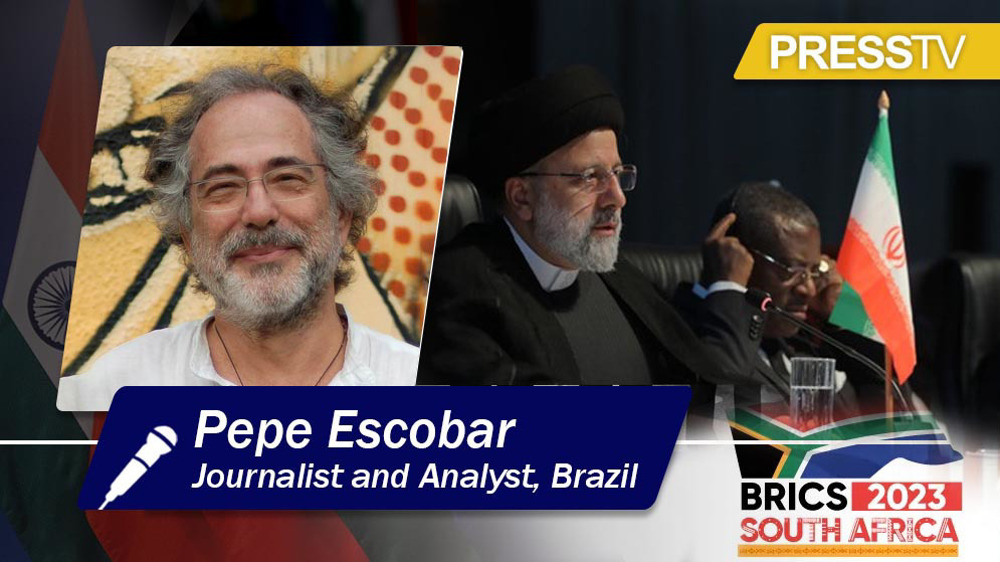
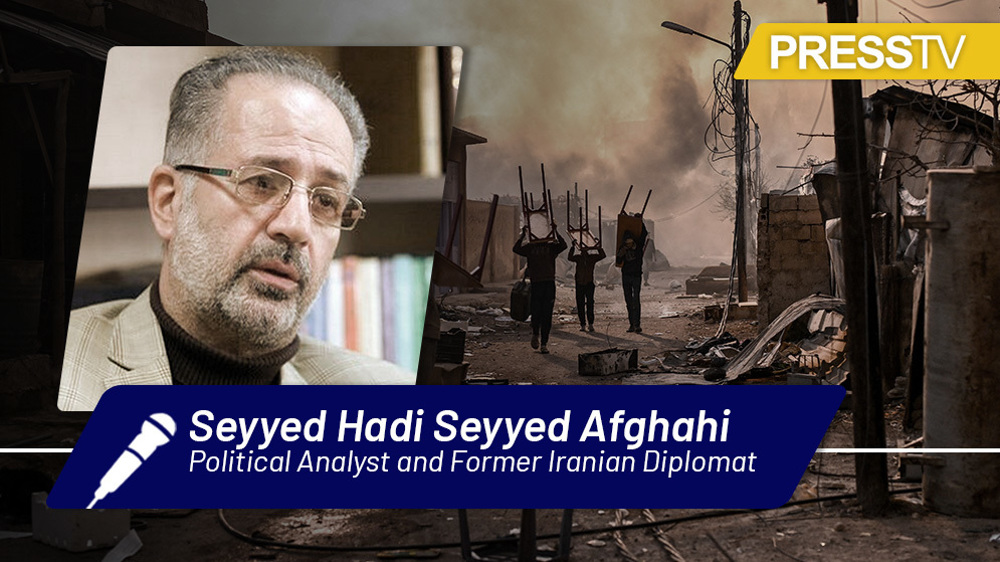
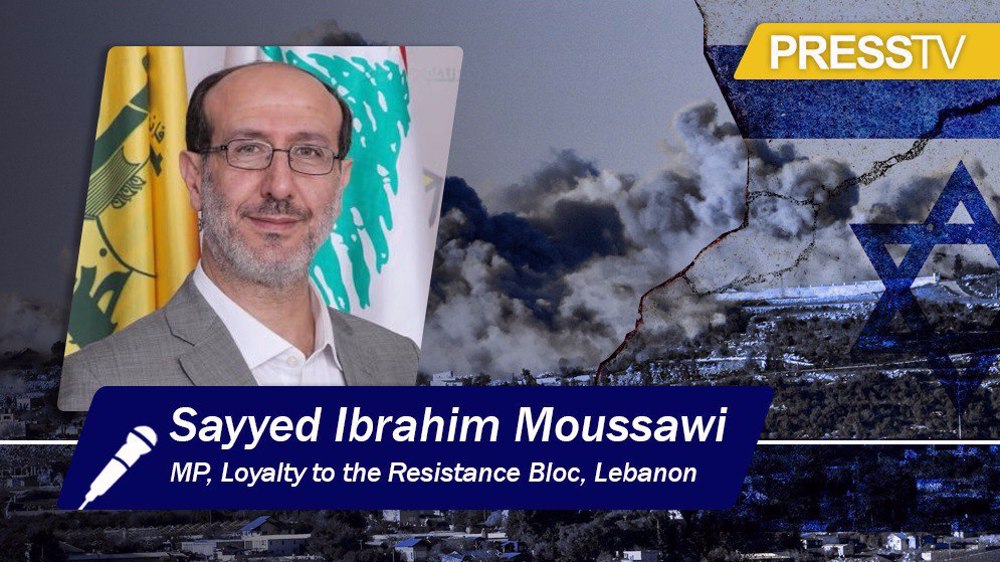




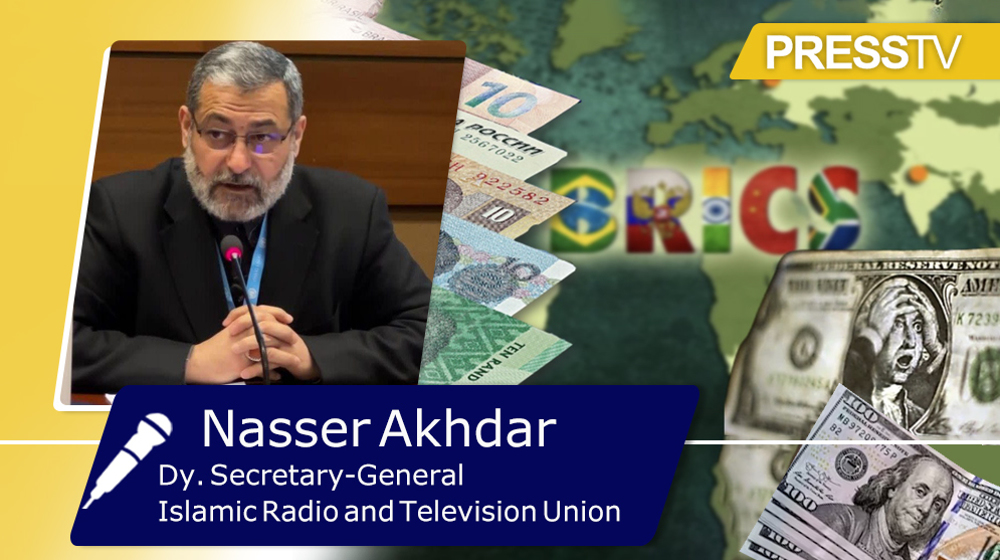
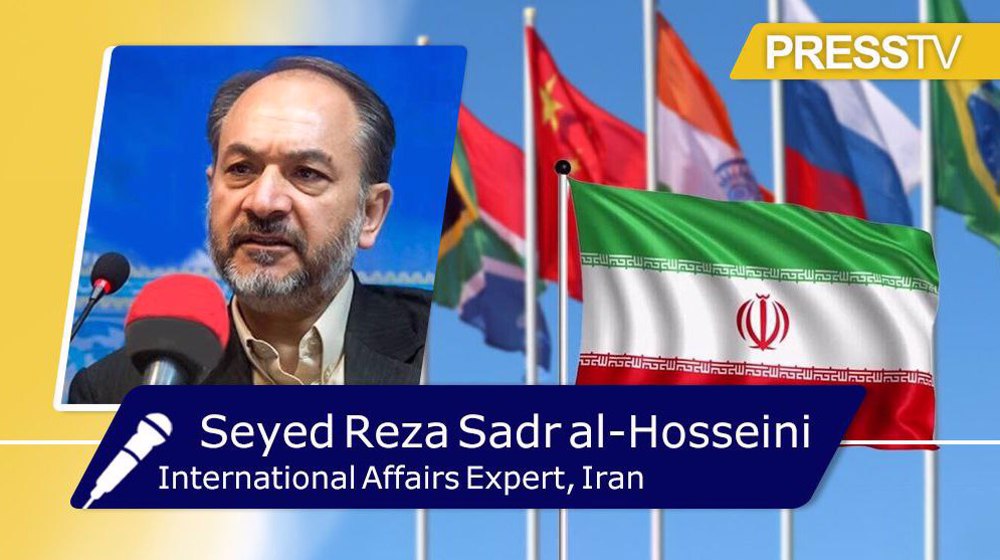
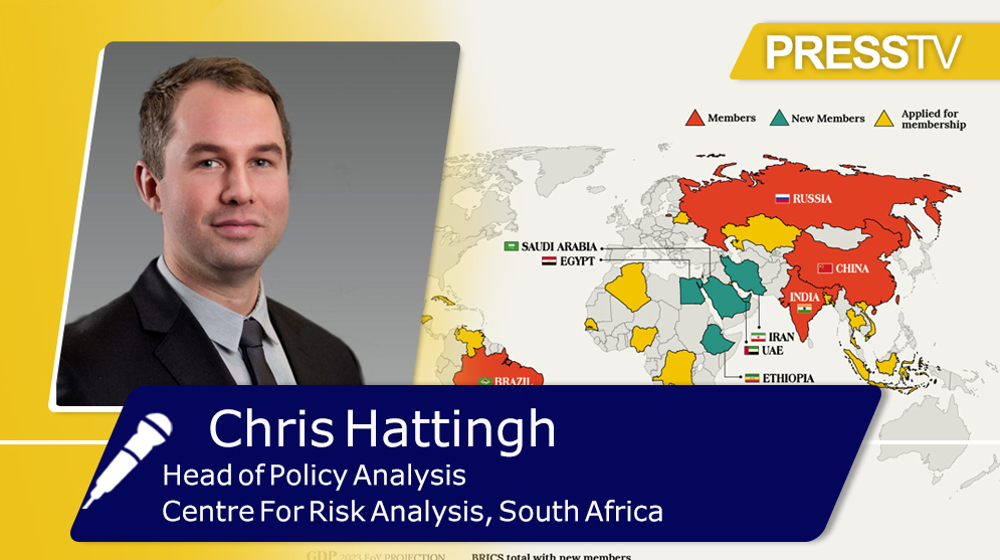
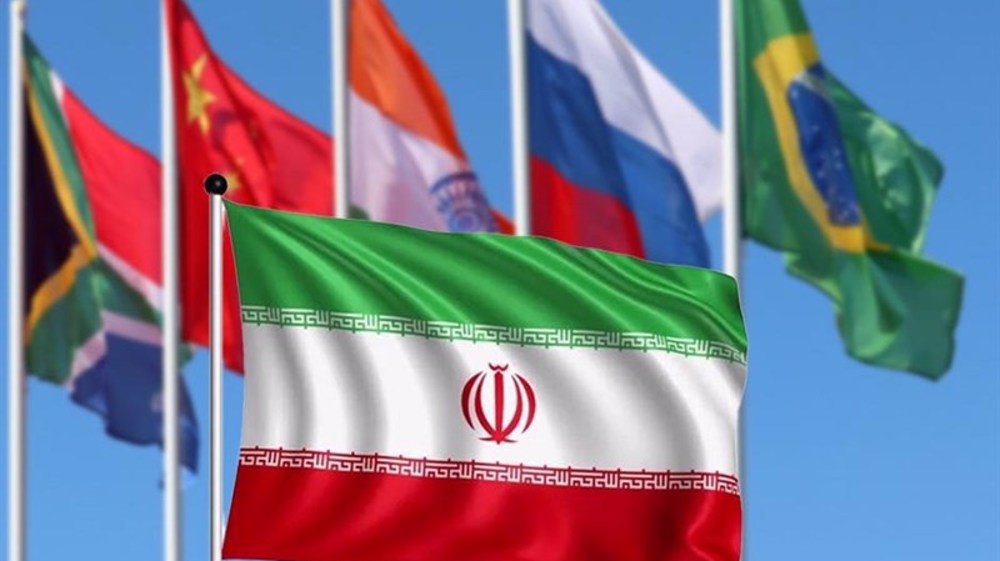
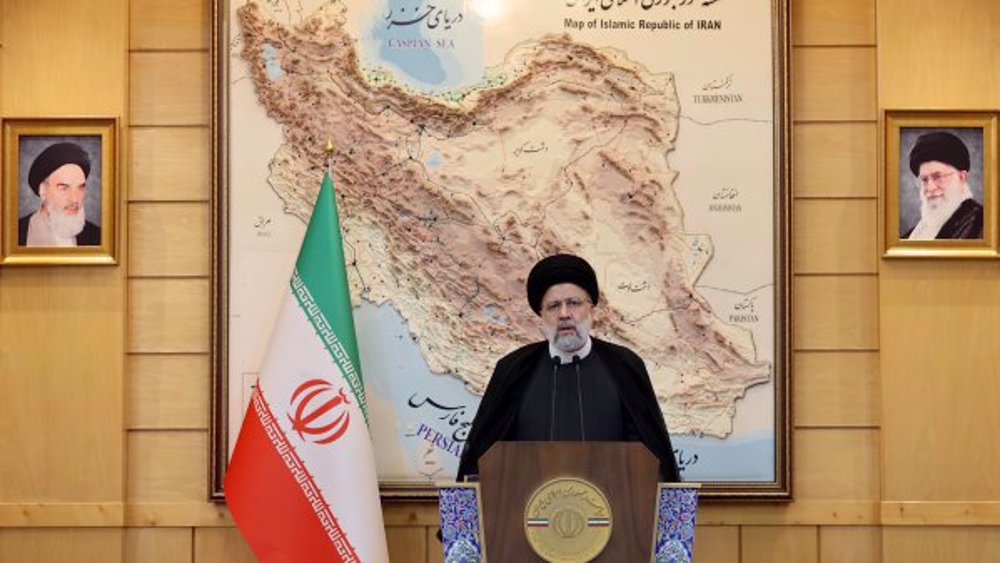

 This makes it easy to access the Press TV website
This makes it easy to access the Press TV website